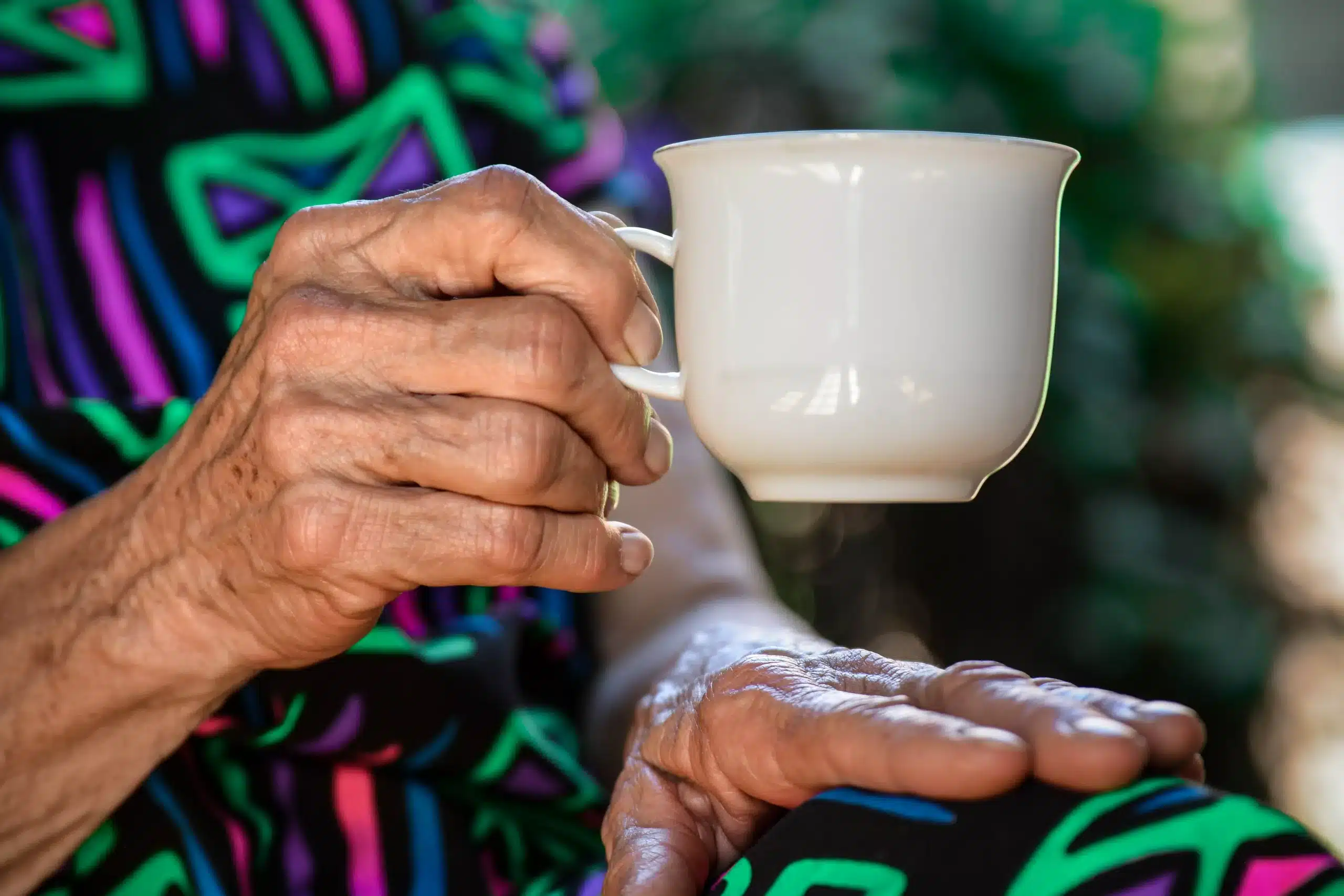Care homes are generally considered to be a safe place for those who can no longer care for themselves and these homes often provide comfort to loved ones knowing that their relatives are being cared for. In most cases, care homes adhere to high standards of care and residents receive exceptional care when they need it most.
Unfortunately, in some cases, these standards are not held as highly and bad practice can happen, such as positions of power being abused and unacceptable behaviour towards vulnerable residents may be shown in the form of physical or emotional abuse.
Abuse within a care home environment is not always easy to spot, so it is important to be aware of the warning signs of care home abuse to help put a stop to this unacceptable behaviour if you do come across it.
What Does Abuse In A Care Home Look Like?
In the unfortunate circumstances when this abuse does occur, it can take form in different ways such as:
- Physical abuse – assault, violence, hitting or causing physical harm
- Sexual abuse
- Financial abuse
- Mental abuse – mental or emotional torment such as ridiculing
- Incorrect dosage of medication given on purpose
- Targeting a certain resident by excluding them from visits or activities
All of the above shows a clear abuse of power and no individual should have to suffer this abuse, particularly at the hands of their caregiver.
Signs of Care Home Abuse
Signs of care home abuse can manifest themselves in different ways, whether there are physical signs that could indicate abuse, emotional indicators and changes in behaviour or environmental changes that could signify that something is wrong.
Physical Signs
The NHS have highlighted warning signs of abuse in an older person and these physical signs may include:
- Bruises, wounds, fractures or other injuries – particularly injuries that have been left untreated or are unexplained
- Injuries occurring on multiple occasions
- Looking unkempt or dirty
- Weight loss
Noticing one or several of these warning signs could be an indication of abuse or could indicate something else is happening. In either case, these warning signs should alert a caregiver or practitioner to look further into what is happening.
Change in Behaviour
NICE have suggested previously that when it comes to recognising signs of abuse in a care home, it is important to remember that “there can be similarities between behaviours that are a reaction to abuse or neglect and behaviours associated with dementia, autism, learning disability or acute mental distress” but the possibility of abuse should always be considered as precaution if you have noticed unexplained changes in behaviour or emotion in your loved ones or a care home resident.
NICE also outlined some of these behaviours that could signal something neglectful is occurring. Some examples of these behaviours include if a resident:
- Has lost or gained weight unintentionally
- Uncharacteristically refuses or is reluctant to engage in social interaction
- Does not have opportunities to do activities that are meaningful to them
Additionally, the NHS have listed behavioural signs of abuse including:
- Aggression or anger for no obvious reason
- Sudden character changes such as appearing helpless, depressed, upset
- Not wanting to be left alone or with particular people
- Being unusually light-hearted and insisting nothing is wrong
Changes To Environment
Changes to the space or environment that a resident lives in can also indicate warning signs of care home abuse and should be taken note of.
The NHS have stated that signs of abuse could be seen through unpleasant changes to a resident’s home or comforts such as their home being cold, unusually dirty or untidy or noticing that items are missing. Other changes to the environment could include a resident staying in an unhygienic or smelly space.
These should be raised with staff to ensure that each resident has a comfortable space that is kept clean and hygienic.
As mentioned above, it could be the case that the above warning signs are not necessarily a sign of abuse but rather something else. In any case, these signs should be noted and acted upon to ensure that the correct level of care is being received and that anything that is wrong can be stopped or treated as soon as possible.
If you or a loved one has experienced care home abuse or negligence, you may be entitled to compensation for the suffering faced. If you feel that you have been affected, please contact one of our negligence experts to find out more about whether you have an eligible case and how we can help you and your loved ones.

